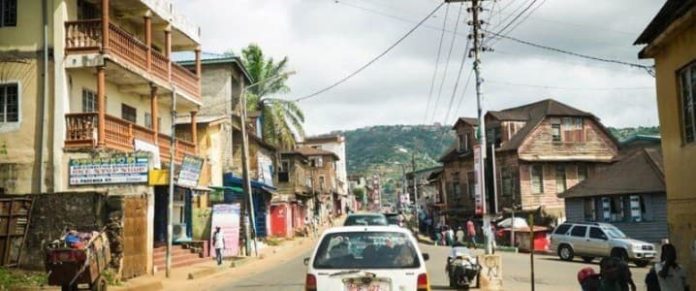Turkish power generation firm, Karpowership has switched off electricity supply to Sierra Leone’s capital city Freetown over government failure to settle about US$40million outstanding debt.
According to the Minister for Energy Alhaji Kanja Sesay, who spoke to Reuters, the debt “was accrued over time because government subsidises more than half of the cost karpowership charges per kilowatt hour.’’
The government is spending a lot of money on subsidies because consumers pay for power in the local currency, the Leone, which is one of the worst-performing currencies globally against the U.S. dollar.
Sierra Leone, however, pays to Karpowership for the electricity in dollars.
Karpowership is one of the three power sources for Sierra Leone’s capital. The other two are a hydropower dam and electricity from an interconnection with the Ivory Coast. The interconnection also supplies power to neighboring West African countries Guinea and Liberia.
Electricity consumption in the country is largely dominated by biomass sourced from fuelwood and accounts for around 80% of the energy used, according to the U.S. government.
The country imports petroleum products for power generation which account for 13% of energy consumption.
As of 2021, only 15% of the total population in Sierra Leone and about 2.5% of the rural population had access to electricity.
The West African country’s power sector is small, with less than 150 megawatts (MW) of energy capacity connecting fewer than 150,000 customers, while the cost for electricity is heavily subsidized.
The entire country lacks a stable and reliable public power supply and domestic demand remains significantly unmet.
“Although Sierra Leone is endowed with energy potential in various forms including biomass from agricultural wastes, hydro and solar power, it remains underutilized,” the International Trade Administration says.
Source: https://energynewsafrica.com















